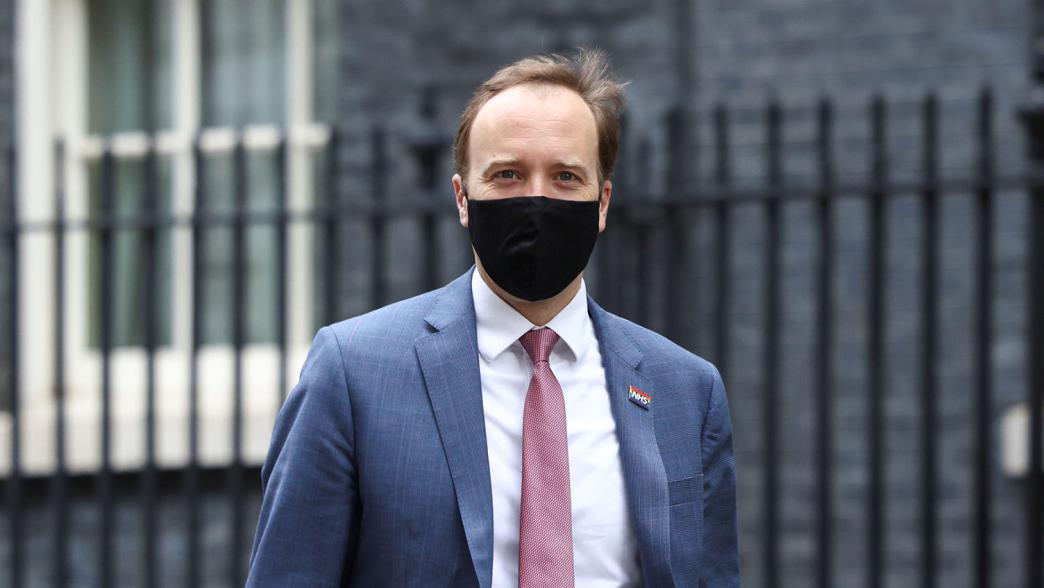The Hancock affair shows yet again why Johnson must overhaul the ministerial code
The ministerial code is not working, is being undermined by the prime minister and requires urgent reform, says a new paper by the IfG.

The ministerial code is not working, is being undermined by the prime minister and requires urgent reform, says a new paper by the IfG.

The next government should start the difficult process of showing the British public that the institutions on which we all rely can be trusted.
The Expert Factor team take a deep dive into standards and ethics in public life – and how they are meant to be upheld.
Lord Evans, Chair of the Committee on Standards in Public Life, reflected on the UK's approach to standards in public life.
Fleur Anderson MP, John Penrose MP and Dr Susan Hawley from Spotlight on Corruption join us to look at the government’s plans to improve standards.